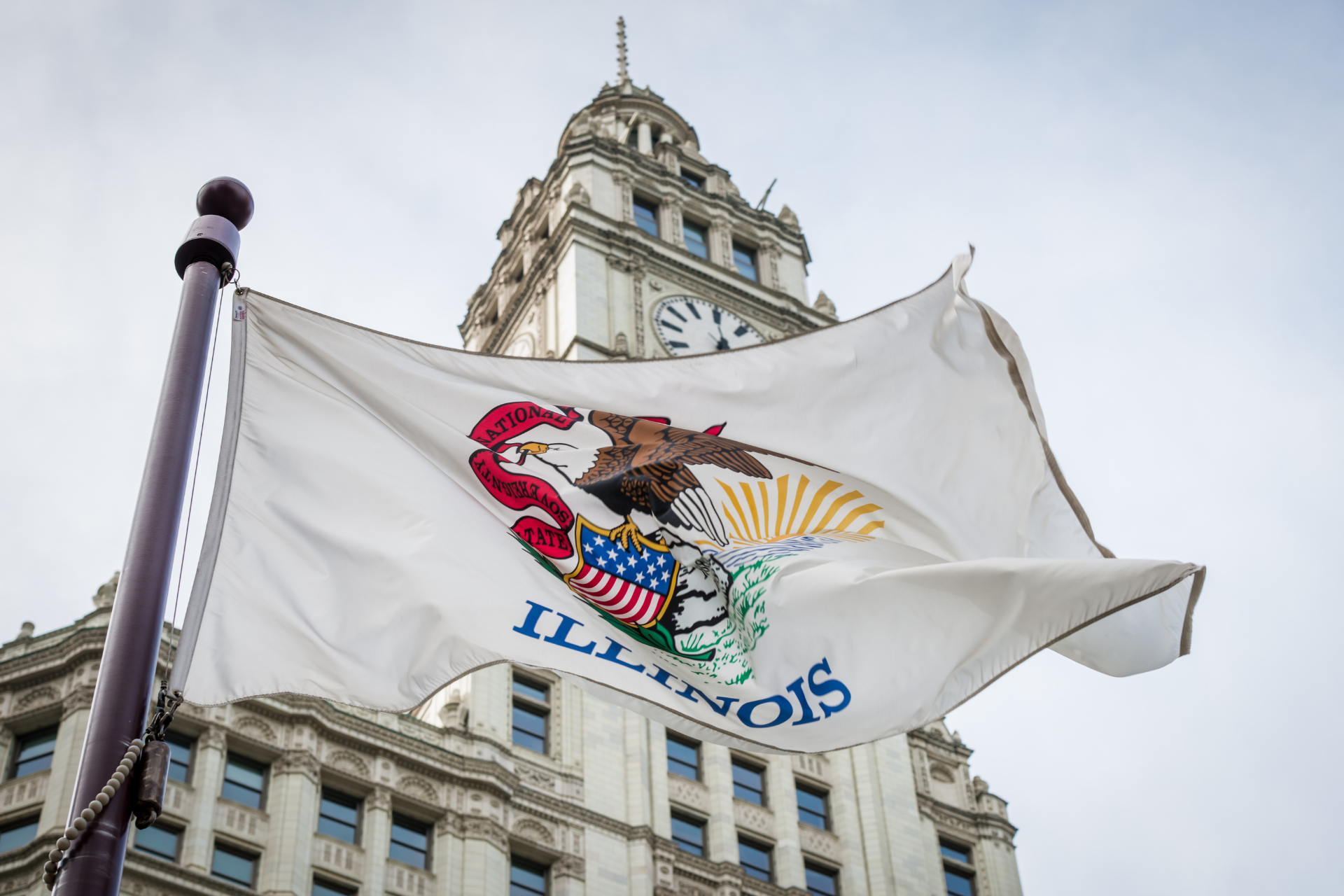On Aug. 4, 2023, Illinois Gov. J.B. Pritzker signed HB 2862 into law, making material changes to the Illinois Day and Temporary Labor Services Act. The new law, among other things, requires that the pay for temporary workers assigned to a third-party client for more than 90 days be equal to that of their directly hired employee counterparts. This law is effective immediately.
Illinois joins New Jersey, which passed a similar law concerning equal pay for temporary workers earlier this year.
Equal Pay and Labor Relations
In particular, the new law provides that temporary workers who have been assigned to work for more than 90 days shall be paid, at minimum, equal to the rate of pay and benefits of the lowest paid direct employee of the third-party client with the same seniority and performing the same or substantially similar work on jobs requiring “substantially similar skill, effort, and responsibility.”
In the event there is no comparable employee, the temporary worker shall be paid equal to the rate of pay and benefits of the lowest paid employee with the closest level of seniority, according to the law. With respect to benefits, the law provides that the temporary worker agency may pay the hourly cash equivalent of the actual cost of the benefits, in lieu of actually providing the benefits.
Interestingly, the third-party client also must provide, upon request, “all necessary information” concerning jobs, pay, and benefits of the comparable employees to allow the temporary worker agency to comply with the law. Failure to do so by the third-party client constitutes a violation subject to penalties under the law.
In addition to the law’s equal pay components, it also includes a section preventing temporary worker agencies from sending temporary workers to job sites with “labor disputes,” without first providing notice. The law states that temporary worker agencies must provide the temporary worker with advanced written notice prior to sending the worker to a place where a strike, lockout, or “other labor trouble” exists, informing the worker of the “labor dispute” and the workers right to refuse the assignment without prejudice.
Interested Parties May File Claims
After exhausting the prescribed administrative remedies by submitting a complaint to the Illinois Department of Labor, “interested parties” may pursue penalties in court. “Interested party” is curiously defined as “organizations that monitor . . . compliance with public or worker safety law, wage and hour requirements, or other statutory requirements.” Temporary worker agencies or third-party clients found to violate the law will be subject to civil penalties between $100 and $18,000 after the first audit by the Department of Labor or as determined by the court in a civil action. For subsequent violations, the law provides that there shall be penalties between $250 and $7,500 for each violation. The law provides that each day a violation continues is a separate violation.
Notably, an interested party who prevails in a civil lawsuit may recover 10 percent of the statutory penalties plus attorneys’ fees, while the remaining 90 percent goes to the state’s Child Labor and Day and Temporary Labor Services Enforcement Fund.
Time will tell how vigorously this new law will be enforced, but it is noteworthy that the legislature seems to have set up a mechanism for enforcement similar to California’s Private Attorneys General Act. California’s law deputizes the plaintiff’s bar to collect penalties and a large percentage of the recovery goes to the state (but not before attorneys’ fees are deducted). What is clear is that Illinois businesses utilizing temporary workers – not only temporary worker agencies – need to be aware of this new law and it’s parameters to ensure compliance. Failure to do so could result in becoming a target of an “interested party’s” enforcement action, and subject the business to potentially significant penalties.











/Passle/6488d4630e7e25c9ac9f834a/SearchServiceImages/2024-11-14-13-11-27-495-6735f6fff42d6cc59c8ec5c1.jpg)
/Passle/6488d4630e7e25c9ac9f834a/SearchServiceImages/2024-11-11-22-02-38-042-67327efe31216b909e6ea644.jpg)
